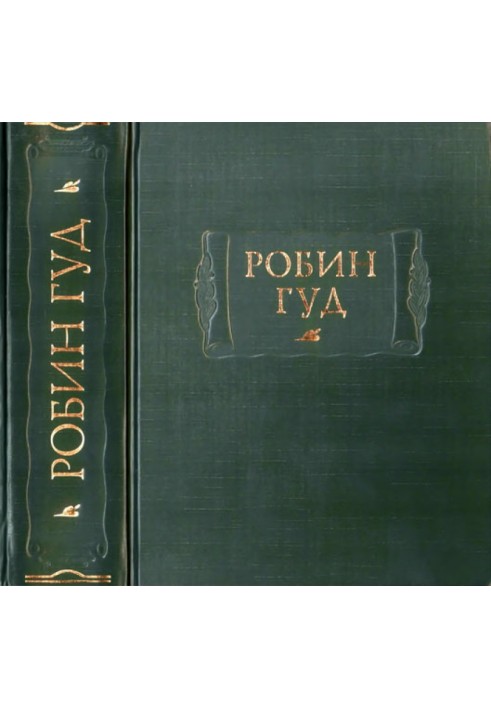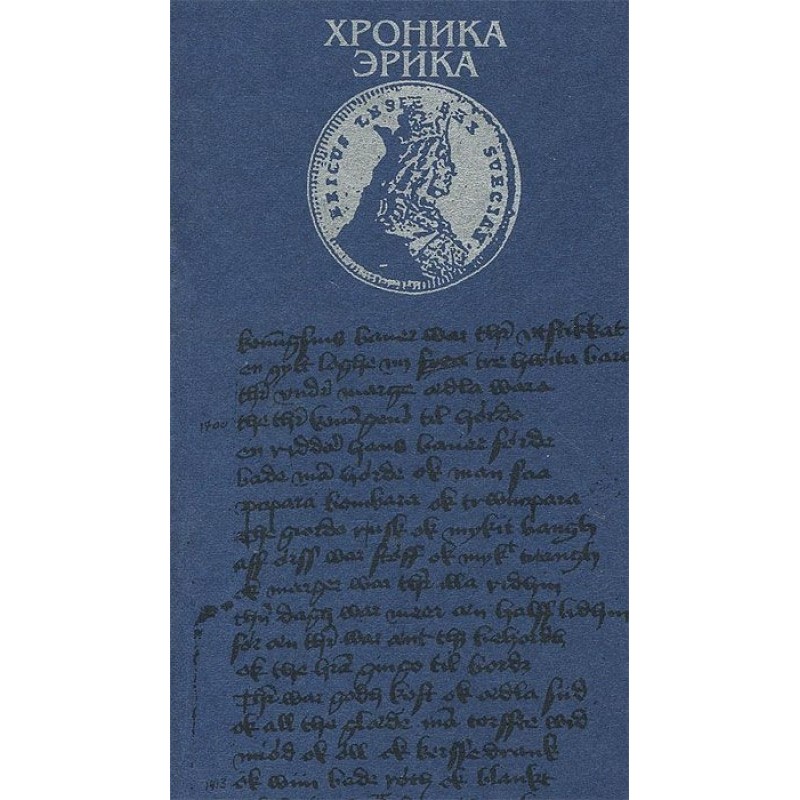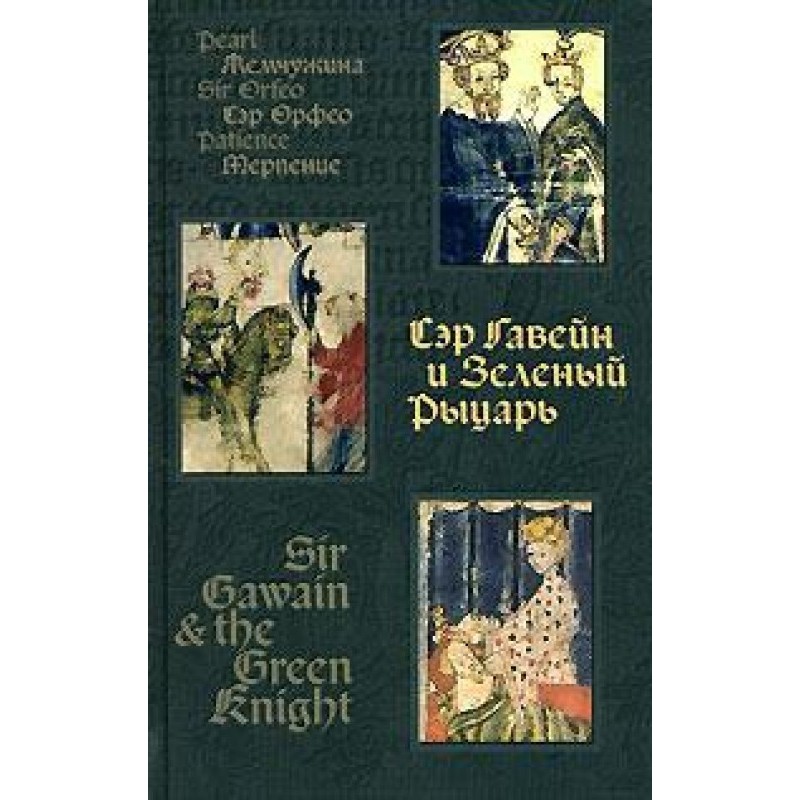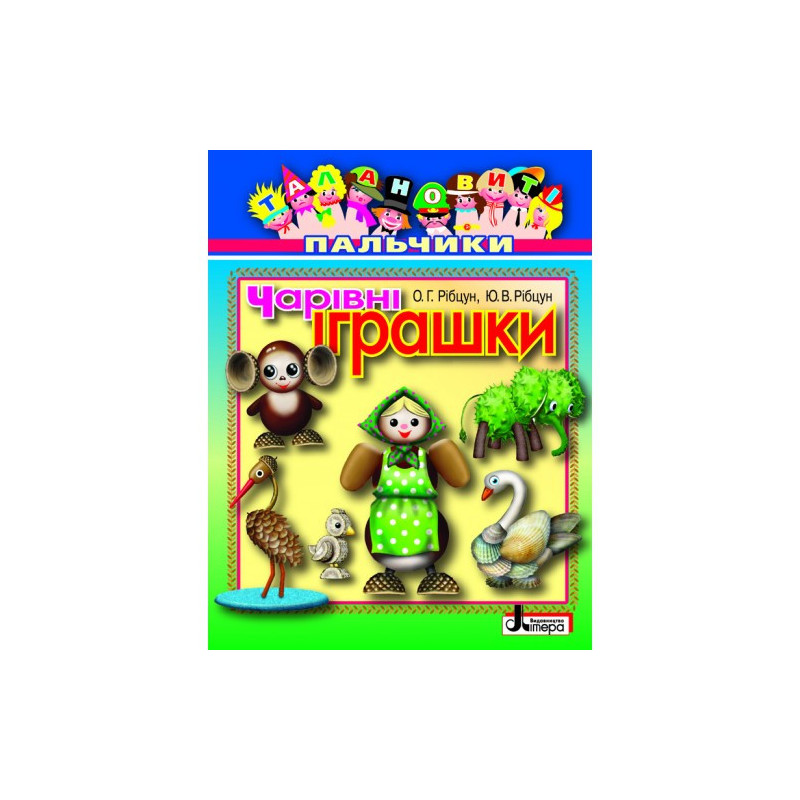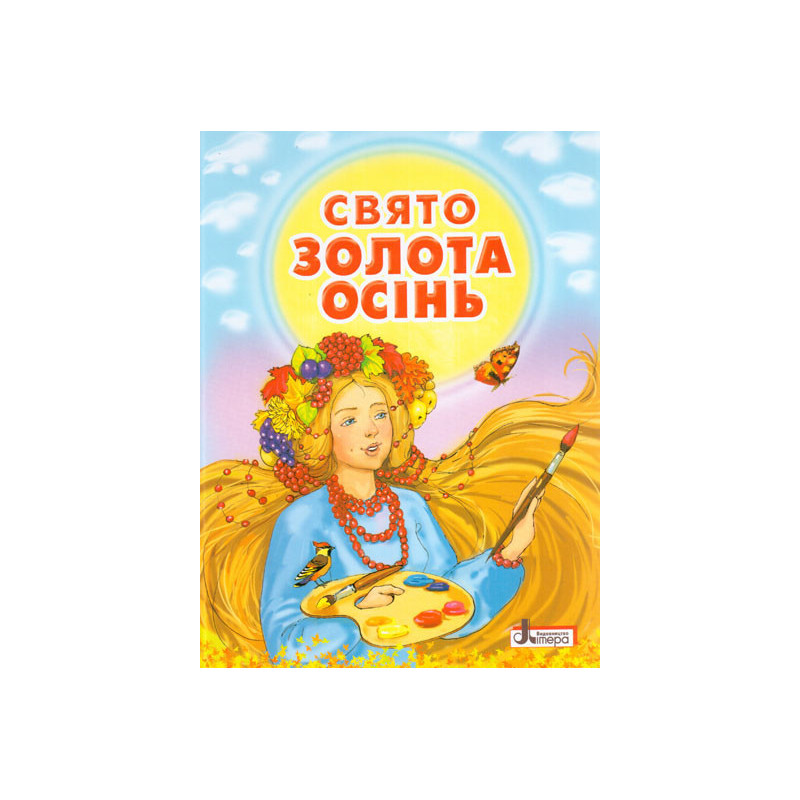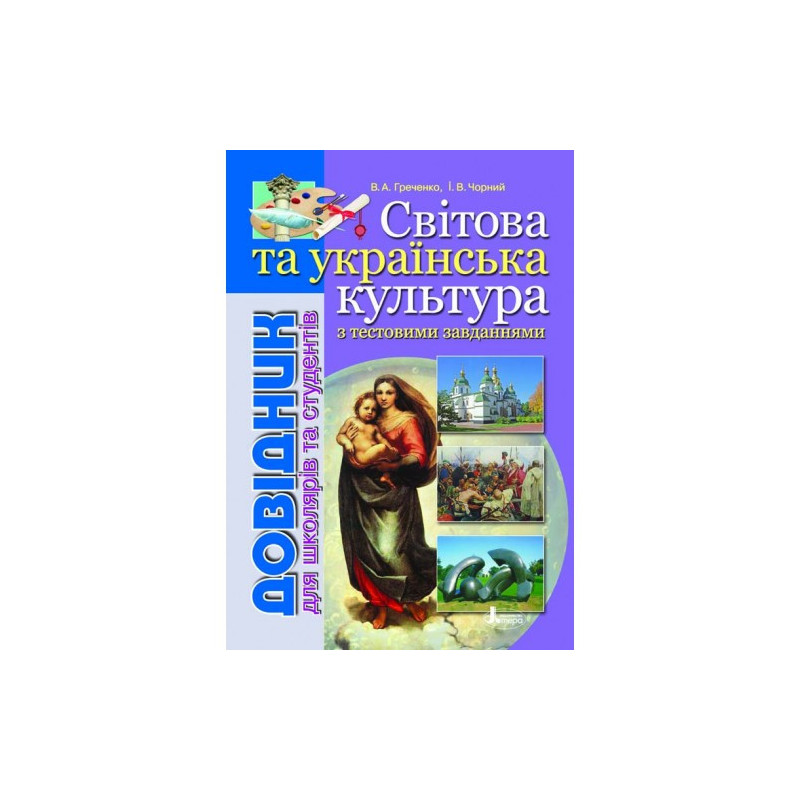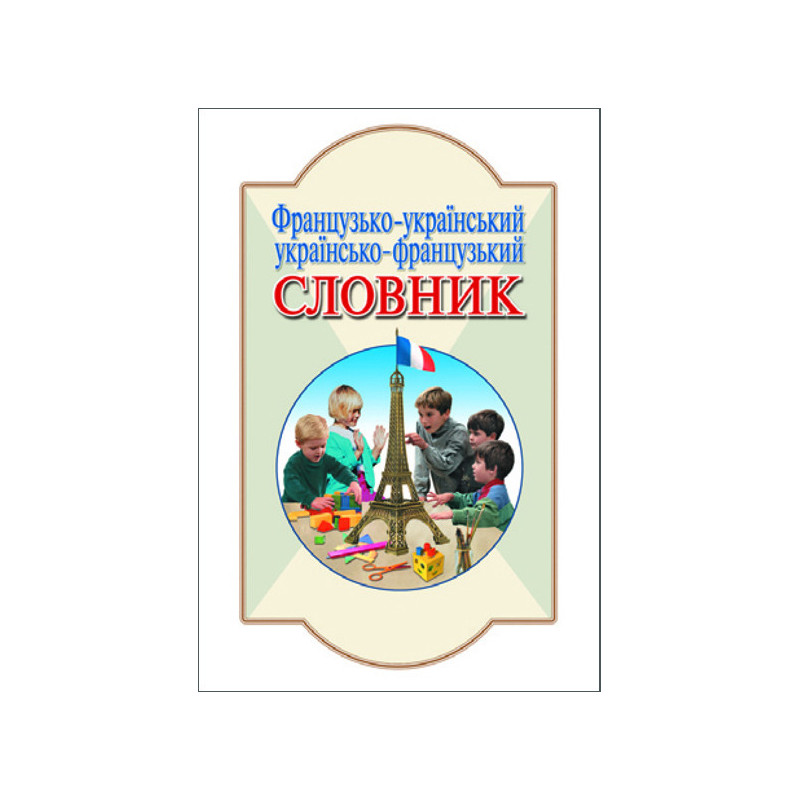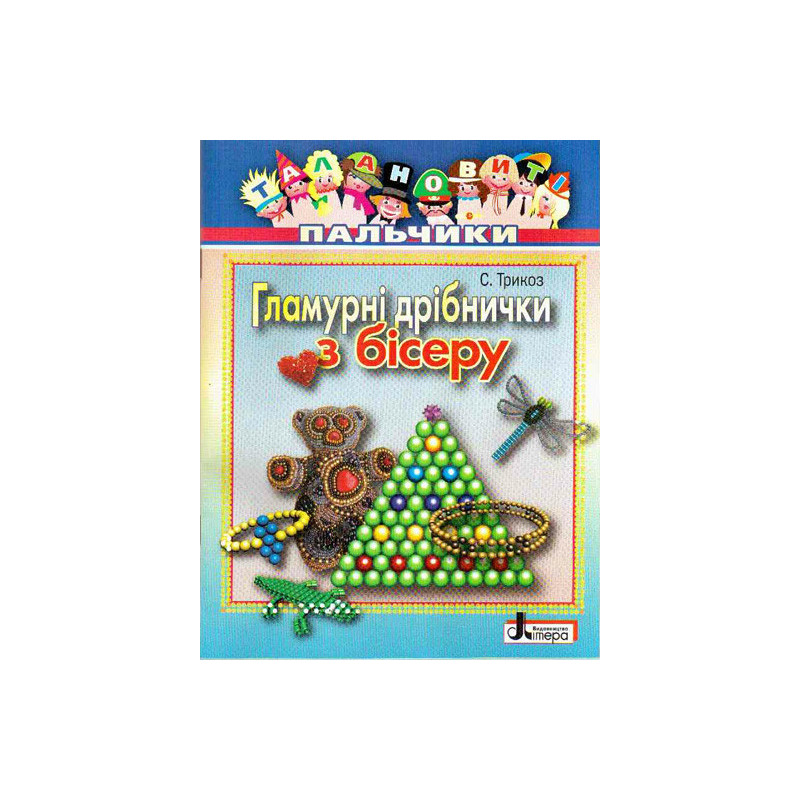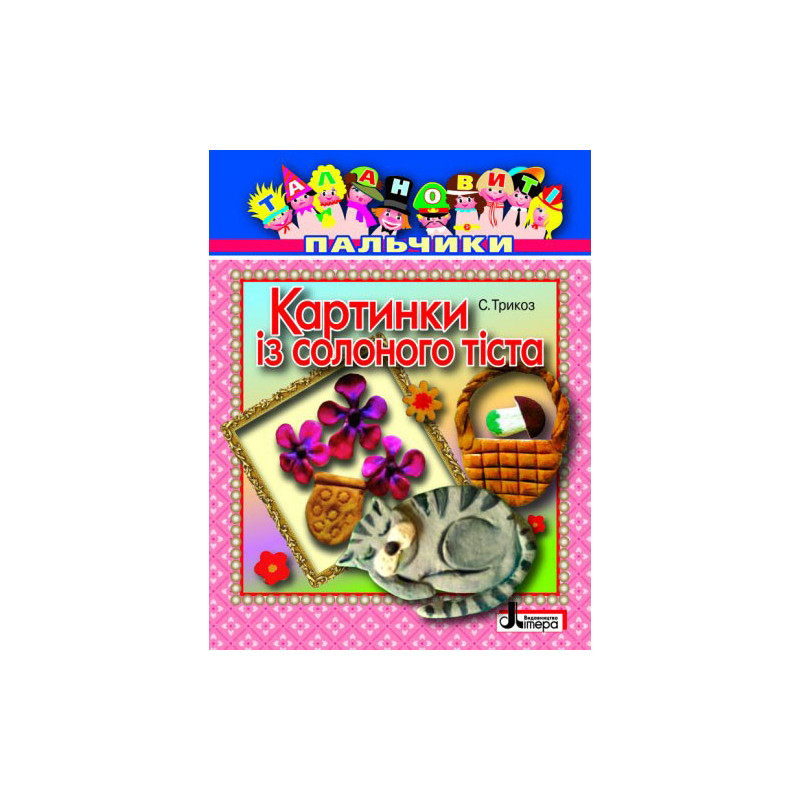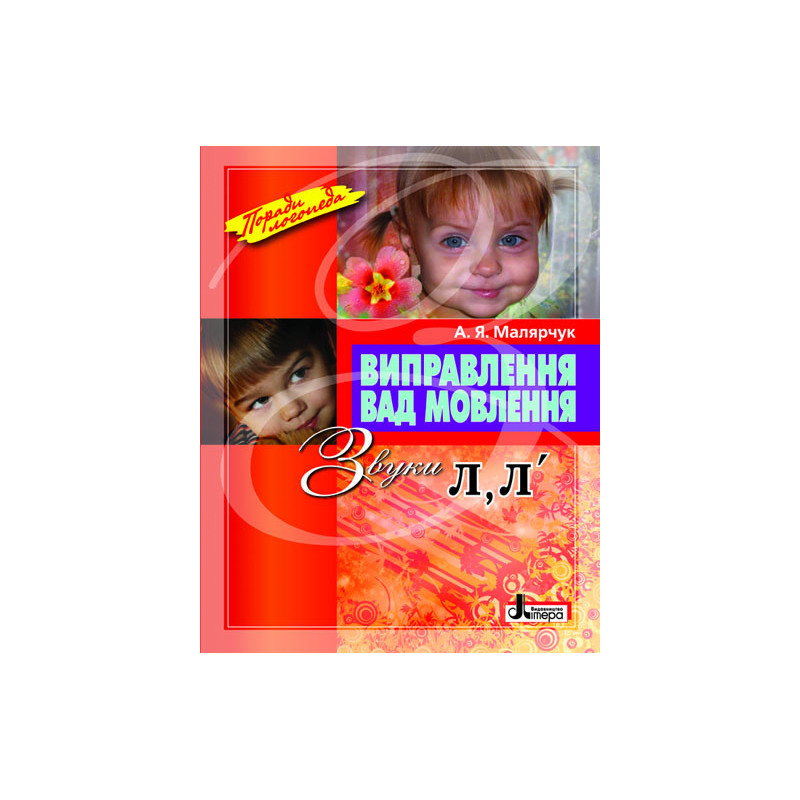Robin Hood
 Instant download
Instant download
after payment (24/7)
 Wide range of formats
Wide range of formats
(for all gadgets)
 Full book
Full book
(including for Apple and Android)
Along with the legendary King Arthur, Robin Hood is one of the most popular heroes of English folklore. In the Middle Ages, a large series of remarkable works developed around the figure of the noble leader of forest robbers and exile. A complete scientific translation of this cycle is offered to the attention of the domestic reader for the first time. Use the arrow to expand or collapse this section The Ballads of Robin were created over the course of six centuries. They sometimes contain echoes of chivalric romances, sometimes the sophistication inherent in the Baroque style is manifested, while the simplicity and gaiety of the folk poetic text are interspersed with witty and subtly thought-out parody. Ballads have not lost their freshness and relevance to this day. Their eternal themes: the confrontation between blind law and moral justice, the dream of a good and fair intercessor, the greed and spiritual blindness of the powerful, the final triumph of virtue. The inhabitants of the Green Forest appear before the reader: Robin Hood and Maid Marion, Little John and Wil Stutley, Monk Tuck and Guy of Gisborne, King Edward and the Sheriff of Nottingham - in all their diversity and many guises; “good old England” opens, according to the famous expression “which never existed, but as if quite recently remained somewhere around the bend.” The Ballads of Robin are the embodiment of the British spirit, freedom and honor unfettered by the chains of the law; English freemen, expanses of green forests and sun-drenched lawns; the eternal “cheerful month of May,” which is so dear to the heart of the freedom-loving resident of Foggy Albion. In addition to ballads, the volume includes “game” plays dedicated to the celebration of May Day (a joyful celebration of spring and annual revival, known in England since ancient times), and also fragments of historical chronicles, allowing us to correlate the collective image of Robin with people who actually once lived, whose names are found either in the house books of eminent families, or in population censuses, or in unpaid tavern bills for ale and beef, and even in court records. The “Additions” section includes the best classical translations of ballads known today, as well as versions of stories about Robin, the plot and outcome of which are sometimes opposite to those published in the main section.
Data sheet
- Name of the Author
- Автор Неизвестен Европейская старинная литература --
- Language
- Russian
- Translator
- Валентина Сергеевна Сергеева
Reviews
Неперевершена класика, що оживляє дух середньовічної Англії!
Ця книга — справжня знахідка для всіх шанувальників англійського фольклору та історії. Повний науковий переклад балад про Робіна Гуда відкриває перед читачем багатогранний світ, де переплітаються лицарська доблесть, моральні дилеми та весела народна творчість. Автори майстерно передали атмосферу середньовіччя, а персонажі, такі як Робін, Меріон, Маленький Джон та інші, оживають на сторінках, викликаючи симпатію та захоплення. Теми справедливості, боротьби з гнобленням та вірності друзям залишаються актуальними й сьогодні, що робить цю книгу вічною. Я особливо ціную, що в книзі представлені не лише балади, а й п'єси-«ігри» та історичні хроніки, які дозволяють глибше зрозуміти контекст і культурне підґрунтя. Це не просто книга — це подорож у часі, яка надихає на боротьбу за справедливість і свободу. Рекомендую всім, хто хоче поринути в чарівний світ середньовічної Англії та насолодитися класичними творами, що не втрачають своєї актуальності!

